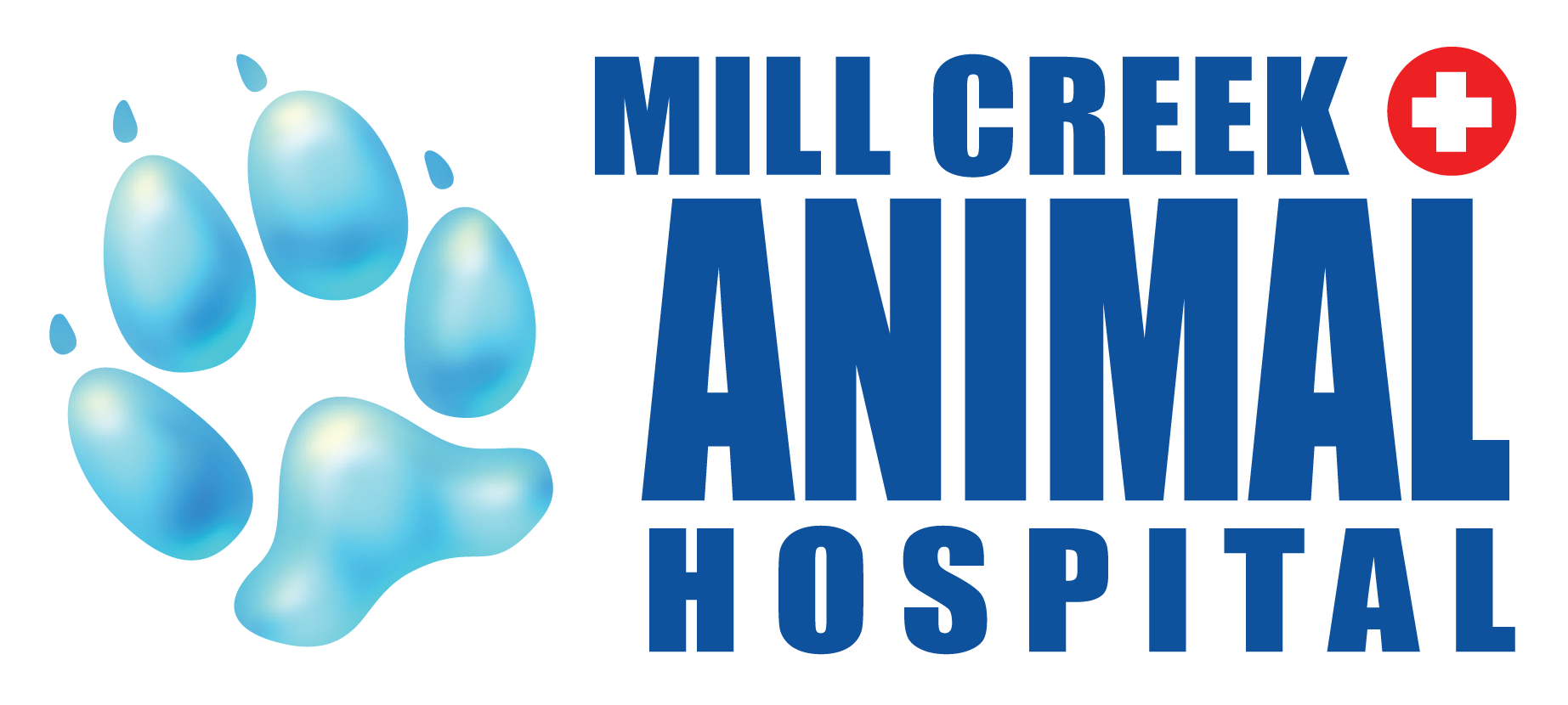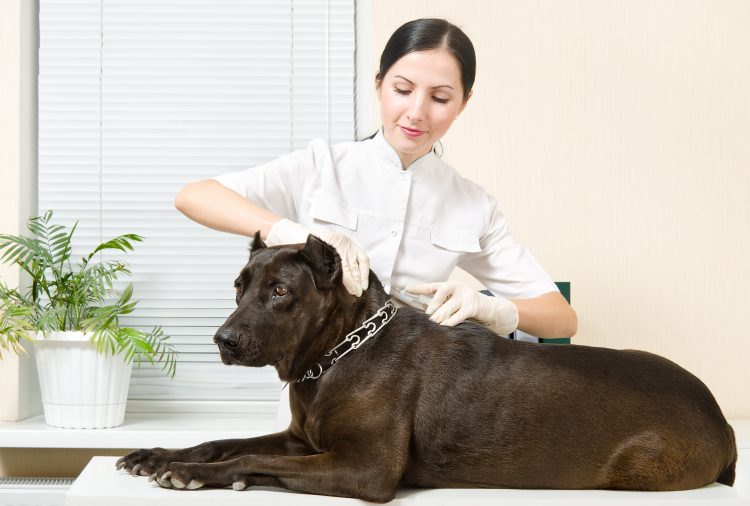I know what you’re thinking, my cat only goes out onto my balcony or into my backyard so she’s not at risk for rabies. Wild animals with rabies do not behave normally, though. Normally nocturnal animals such as bats and racoons may be out during the day and fly onto your balcony or come into your yard.
Now don’t worry, rabid racoons and skunks do not gain flight but they may be out during the day and go where they may not normally. In the last year, we have seen an increase of rabid positive animals in Alberta. This means a higher risk for not only our pets but for us as well. The big concern with rabies is the fact that once clinical signs are present it is almost always fatal, and testing for Rabies can only be done on the brain after death. Luckily there is a vaccine.
Bats, skunks, foxes and racoons are of the main concern for transmitting rabies in Canada but it can infect any mammal. So how do you tell if an animal has rabies? Their behaviour changes suddenly. This means wild animals not being so wild or domestic animals becoming wilder. Animals can lose their fear of humans, become aggressive, and be active in the day when they are normally nocturnal. There are two forms in which rabies presents, a furious form and a paralytic form. The furious form is the typical symptoms that you think of when someone mentions rabies, a crazy mad dog foaming at the mouth. A sweet friendly dog can become irritable and aggressive very quickly. Aggression soon leads to seizures, paralysis and then death. The paralytic form is often overlooked as rabies by owners. Paralysis starts in the jaw and throat and the animal is unable to swallow causing excessive salivation. You think oh no Fluffy has something caught in her throat and you put your hand in her mouth trying to locate the blockage but you don’t find anything. With this form the animal usually doesn’t become aggressive and bite but it’s not the bite that we are worried about. It is the Saliva. If there is a small cut on your skin and you get the contaminated saliva in the cut, now been exposed to rabies without even knowing it.
This all sounds quite frightening and to some extent, it should be as rabies is a very serious infectious disease but it is preventable. First, ensure that your pets are vaccinated. Second if you ever find an animal acting in a bizarre manner or being aggressive treat it with extreme caution. If you ever find your cat or dog playing with a bat, dead or alive, safely box it up, ensuring you do not touch it with your bare hands and then take it to your local veterinary clinic so that it can be submitted and tested for rabies. If your animal ever appears to be choking you should quickly put on rubber gloves before diving into their mouth. If it turned out to be rabies this would protect you from the infected saliva and if it wasn’t then you don’t have dog slobber all over your hands! If you are ever unsure what to do give your veterinary clinic or local animal control a call.
This blog was written with the helpful information found on https://www.merckvetmanual.com and the CFIA website.
Written by Nicki Payne, RAHT



